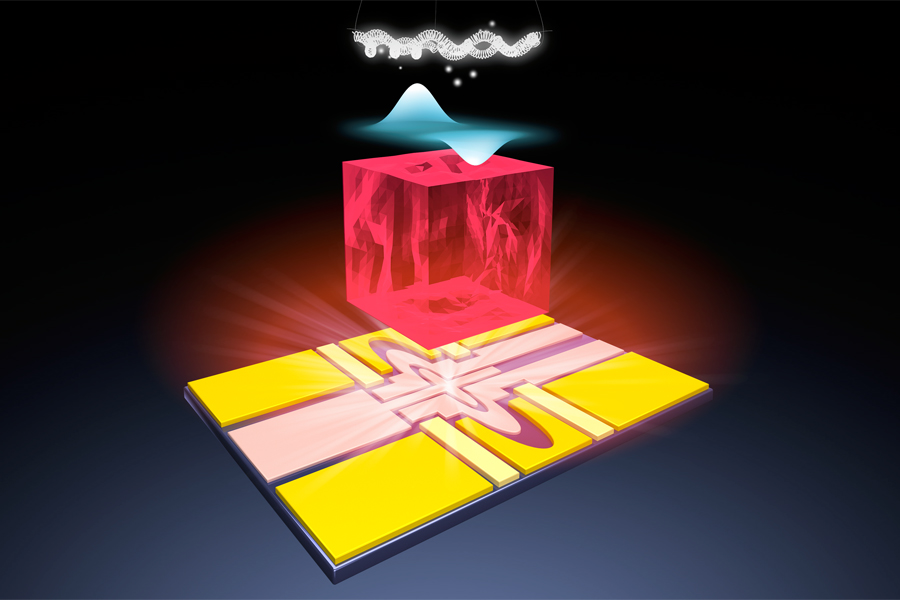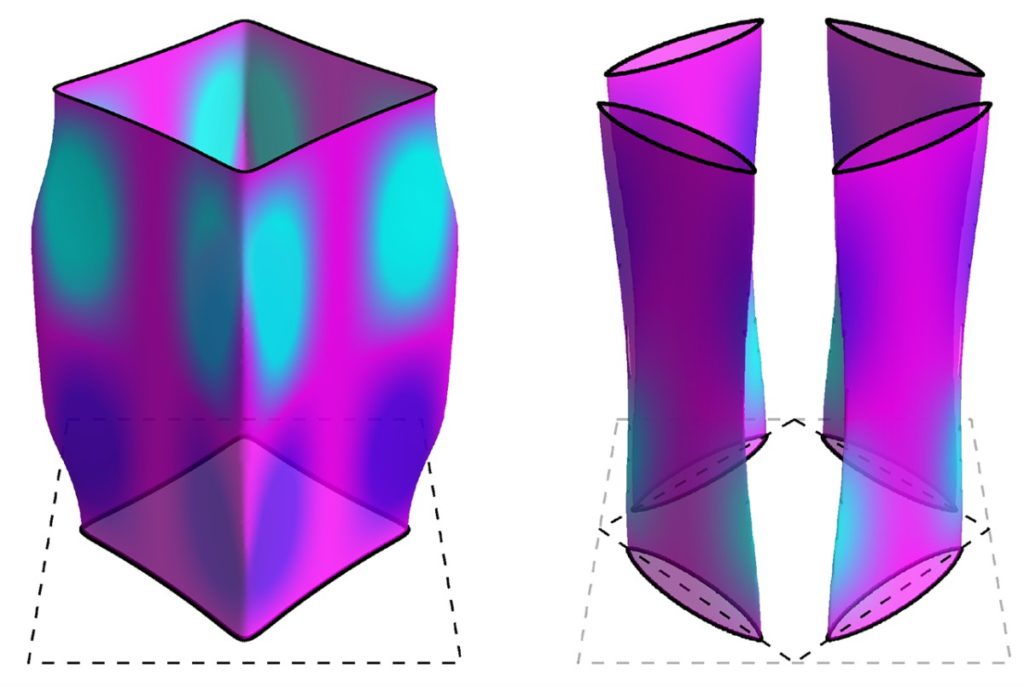
Trapped ions are one of the leading systems to build quantum computers and other quantum technologies. To link multiple such quantum systems, interfaces are needed through which the quantum information can be transmitted. In recent years, researchers led by Tracy Northup and Ben Lanyon at the University of Innsbruck’s Department of Experimental Physics have developed a method for doing this by trapping atoms in optical cavities such that quantum information can be efficiently transferred to light particles. The light particles can then be sent through optical fibers to connect atoms at different locations...
Read More









Recent Comments